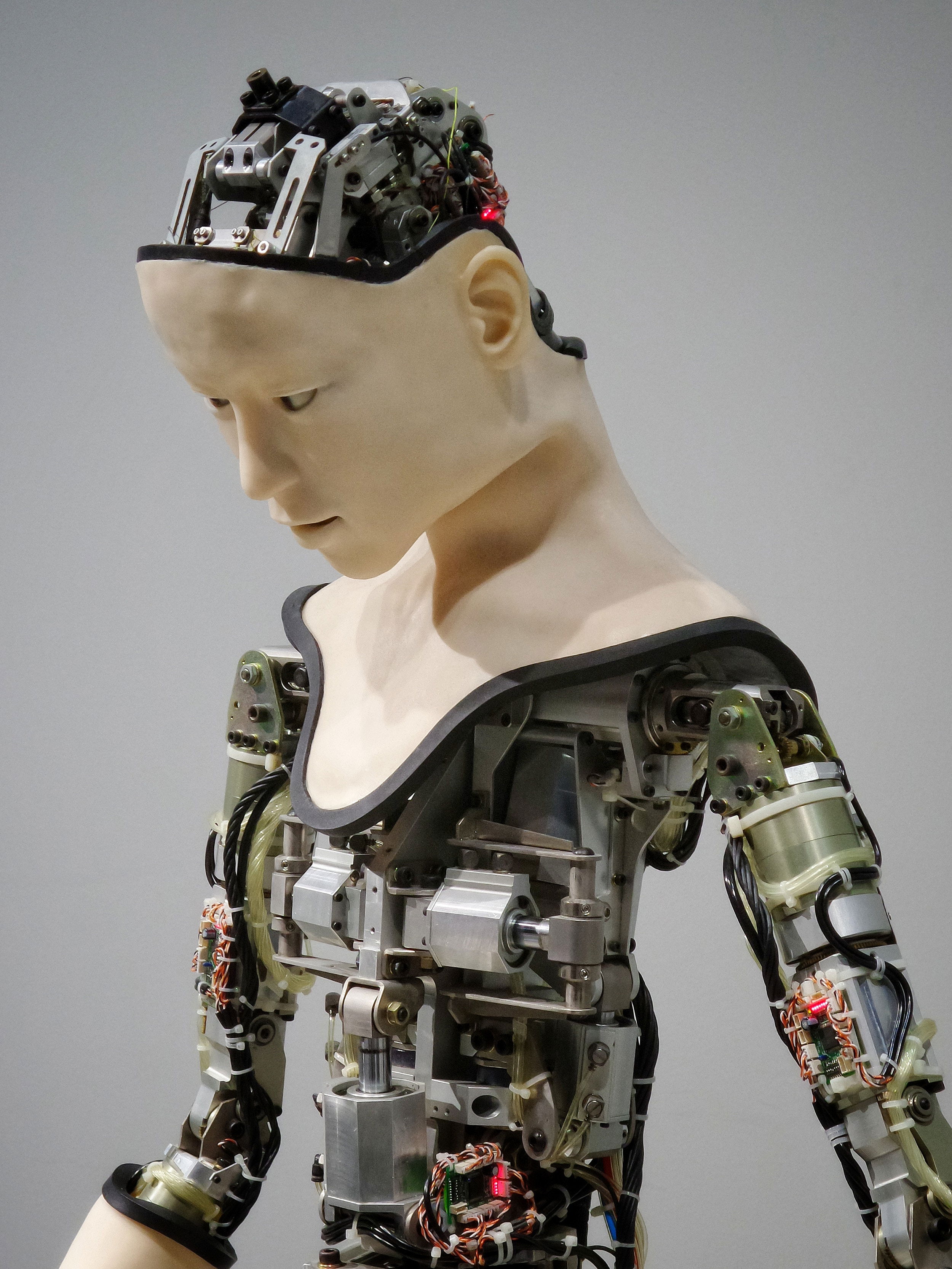Artificial Intelligence in Healthcare: Revolutionizing Patient Care
Artificial intelligence (AI) has been making significant strides in various industries, and one of the sectors that has seen the most profound impact is healthcare. From diagnosing diseases to improving patient outcomes, AI is revolutionizing patient care in ways that were once unimaginable. In this article, we will explore the role of artificial intelligence in healthcare and its potential to transform the way we receive medical treatment.

Understanding AI in Healthcare
Artificial intelligence, in the context of healthcare, refers to the use of advanced algorithms and machine learning techniques to analyze and interpret complex medical data. This data can include medical images, electronic health records, genetic information, and more. AI systems are designed to perform tasks that typically require human intelligence, such as problem-solving, learning from experience, and adapting to new information.AI in healthcare can be categorized into several key areas:
Diagnosis and Disease Detection: AI algorithms can analyze medical images, such as X-rays, MRIs, and CT scans, with incredible accuracy. For instance, AI-powered systems can detect early signs of diseases like cancer or identify abnormalities in medical images that may be missed by human radiologists.
Predictive Analytics: AI can analyze patient data to predict health outcomes. By examining a patient's medical history, genetic information, and lifestyle factors, AI can assess the risk of developing certain diseases and provide personalized preventive measures.
Treatment Recommendations: AI can assist healthcare providers in selecting the most effective treatment plans for patients. This is done by analyzing large datasets of treatment outcomes, identifying patterns, and suggesting personalized therapies.
Drug Discovery: Developing new drugs is a time-consuming and expensive process. AI can significantly accelerate drug discovery by analyzing vast amounts of biological data to identify potential drug candidates and predict their efficacy.
Administrative and Workflow Efficiency: AI can streamline administrative tasks in healthcare facilities. Chatbots and virtual assistants can schedule appointments, answer common patient queries, and handle billing, freeing up healthcare staff for more critical tasks.
AI-Powered Diagnostic Tools
One of the most promising applications of AI in healthcare is in the field of medical imaging. AI algorithms have demonstrated remarkable accuracy in detecting and diagnosing a wide range of conditions. For example:
- Radiology: AI can detect and classify various abnormalities in radiological images, including tumors, fractures, and infections. Companies like Google Health have developed AI models that outperform human radiologists in some tasks.
- Dermatology: AI-powered tools can analyze images of skin lesions to identify potential skin cancers. These tools can provide rapid assessments, reducing the time it takes for patients to receive a diagnosis and treatment.
- Ophthalmology: AI can detect eye diseases like diabetic retinopathy and age-related macular degeneration by analyzing retinal scans. Early detection is crucial in preserving vision.
- Pathology: AI is being used to assist pathologists in analyzing tissue samples, improving the accuracy and efficiency of cancer diagnoses.
Personalized Medicine and Treatment
AI is also contributing to the advancement of personalized medicine. By analyzing an individual's genetic makeup and medical history, AI can help determine the most effective treatment options and predict how a patient may respond to specific therapies. This approach minimizes trial-and-error in treatment selection, ultimately leading to better outcomes and fewer adverse effects.
Moreover, AI can continuously monitor patients' health remotely through wearable devices and alert healthcare providers to any concerning changes. This early warning system can prevent complications and reduce hospital readmissions.
Ethical and Regulatory Considerations
While AI holds great promise in healthcare, it also raises ethical and regulatory challenges. Patient privacy and data security are paramount concerns, as AI systems require access to vast amounts of sensitive medical information. Ensuring that data is handled securely and in compliance with regulations like HIPAA (Health Insurance Portability and Accountability Act) is essential. Additionally, the implementation of AI in healthcare requires careful oversight and validation. Regulatory bodies must establish guidelines and standards to ensure the safety and efficacy of AI-powered medical devices and treatments.
The Future of Healthcare
Artificial intelligence in healthcare is still in its infancy, but its potential to revolutionize patient care is undeniable. As technology continues to advance and more data becomes available, AI will become an increasingly integral part of the healthcare ecosystem. Patients can look forward to more accurate diagnoses, personalized treatment plans, and improved access to healthcare services. Healthcare providers will benefit from enhanced decision support tools that enable them to deliver more efficient and effective care.
In conclusion, artificial intelligence is reshaping the healthcare landscape, offering new possibilities for improving patient care, reducing costs, and advancing medical research. However, it is crucial to navigate the ethical and regulatory challenges associated with AI in healthcare to ensure that these advancements benefit both patients and the healthcare industry as a whole.
Sources:
- Google Health's Approach to Medical Imaging
- AI in Dermatology: A Comprehensive Review
- AI for Ophthalmology: Current Applications and Future Directions
- AI in Pathology: From Image Analysis to Automated Diagnosis
- Personalized Medicine and AI in Healthcare
- Ethical Considerations in AI-Enabled Healthcare
- Regulatory Challenges of AI in Healthcare
- AI in Healthcare: A Review of Current and Emerging Trends